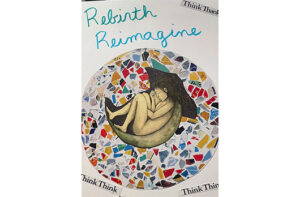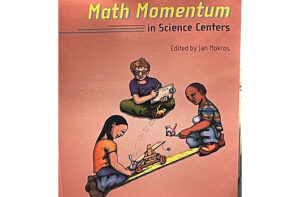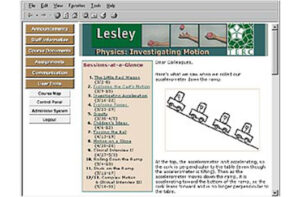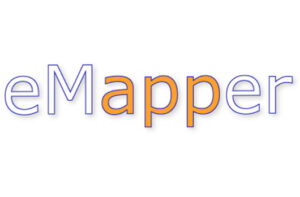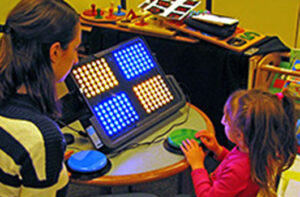Assessing for Change in Chemical Thinking
Evaluation of Supporting Chemistry Teachers to Assess and Foster Chemical Thinking
Lead Staff:
Jim HammermanProject Staff:
Eric HochbergAudrey Martínez-Gudapakkam
SummaryThe ACCT project is developing and implementing professional development workshops for middle and high school teachers to use formative assessments built on a previously developed framework for chemical thinking to develop their abilities to elicit, notice, interpret, and respond to students’ reasoning in ways that promote more meaningful understanding of central ideas. The framework focuses on six essential questions and crosscutting concepts:
- What is this material made of? (concept of Identity);
- How do a material’s properties relate to its composition and structure? (Structure-Property Relationships);
- Why does a material undergo changes? (Causality);
- How do those changes happen? (Mechanism);
- How can those changes be controlled? (Control); and
- What are the consequences of such changes? (Benefits-Costs-Risks).
The professional development focuses on looking at student work to support teachers’ deepening assessment reasoning and then their responsive use of student thinking in their teaching. The project develops and tests face-to-face and hybrid (online with face-to-face elements) versions of the PD.
Research ActivityAs the project’s external evaluation partner, SEEC provides formative feedback to support the rigor of the project’s own development and research efforts, and summatively assesses the value of the professional development and facilitator resources, and the potential for broader dissemination and sustainability.
The ACCT project is developing and implementing professional development workshops for middle and high school teachers to use formative assessments built on a previously developed framework for chemical thinking to develop their abilities to elicit, notice, interpret, and respond to students’ reasoning in ways that promote more meaningful understanding of central ideas. The framework focuses on six essential questions and crosscutting concepts:
- What is this material made of? (concept of Identity);
- How do a material’s properties relate to its composition and structure? (Structure-Property Relationships);
- Why does a material undergo changes? (Causality);
- How do those changes happen? (Mechanism);
- How can those changes be controlled? (Control); and
- What are the consequences of such changes? (Benefits-Costs-Risks).
The professional development focuses on looking at student work to support teachers’ deepening assessment reasoning and then their responsive use of student thinking in their teaching. The project develops and tests face-to-face and hybrid (online with face-to-face elements) versions of the PD.
As the project’s external evaluation partner, SEEC provides formative feedback to support the rigor of the project’s own development and research efforts, and summatively assesses the value of the professional development and facilitator resources, and the potential for broader dissemination and sustainability.
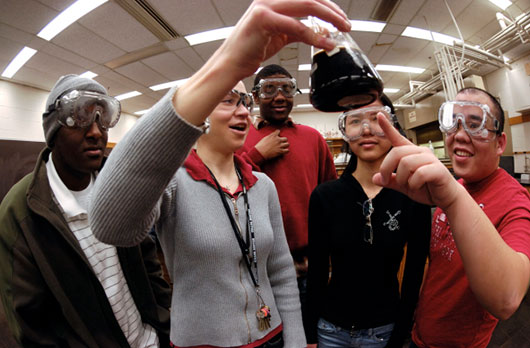
Funder:
U.S. National Science Foundation
Award Number:
1621228
University of Massachusetts – Boston
Boston Public Schools
University of Arizona
9/2016 – Present
Share This Page:


